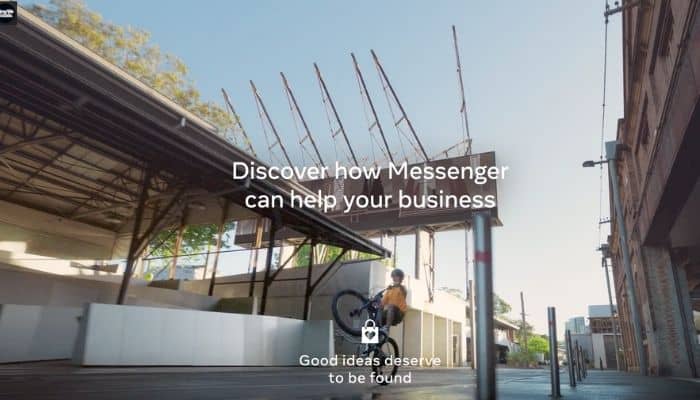Sydney, Australia – Global customer data company Tealium and Meta has released a joint report which studied what it will take for businesses in APAC to succeed in the face of third-party cookie deprecation next year. The report found that businesses who prioritise gaining the trust of their customers through properly balancing personalisation with privacy will be best poised for successful long-term performance across industries.
The report showed that while APAC leads the charge globally in both the volume of online consumers and demand for personalisation, businesses in the region are underprepared for the impending loss of third-party cookies in 2023.
Marie-Louise Dalton, Tealium’s Vice President of Marketing, Asia-Pacific and Japan, shared, “As brands rely more heavily on first-party data in their marketing strategies, establishing a trusted value exchange with consumers will be more important than ever.”
Businesses are tasked with closely monitoring their respective regional privacy policies as they develop their strategy, the report indicates. That means building privacy into the framework and using data management tools to create a complete view of their customer based on the privacy choices that they have made.
Nadia Tan, Meta’s Director of Business Ecosystem Partnerships, Asia-Pacific, commented, “We understand that businesses are dealing with various challenges, including the decline in online performance and difficulties in attribution; businesses need to strike a balance between driving performance, while respecting people’s privacy.”
Some of the report’s key observations include:
- The APAC region is both a conundrum and a cause for optimism, with exceptionally high awareness of data privacy rights, desire for personalised experiences, and apparent openness to sharing data.
- Businesses must think more deliberately in terms of a trusted value exchange and act decisively to enable it, using first-party data to give their customers useful content and enhanced service.
- Companies still tend to be poorly equipped to develop data-first strategies, due to a deluge of consumer data from multiple sources and silos hindering visibility and effective usage.
- At the same time, the use of customer data platforms (CDPs) and other data management tools is increasing as a means to collect, consolidate and unlock data, while maintaining customer trust.
- The key for businesses is integrating consent management effectively into their personalisation strategies. Privacy is not a barrier, and customers will ultimately determine how personalised their experiences will be across platforms.
The report concludes with five key actions that businesses in APAC can take right now to deliver better experiences and performance, with privacy and personalisation at their core.



